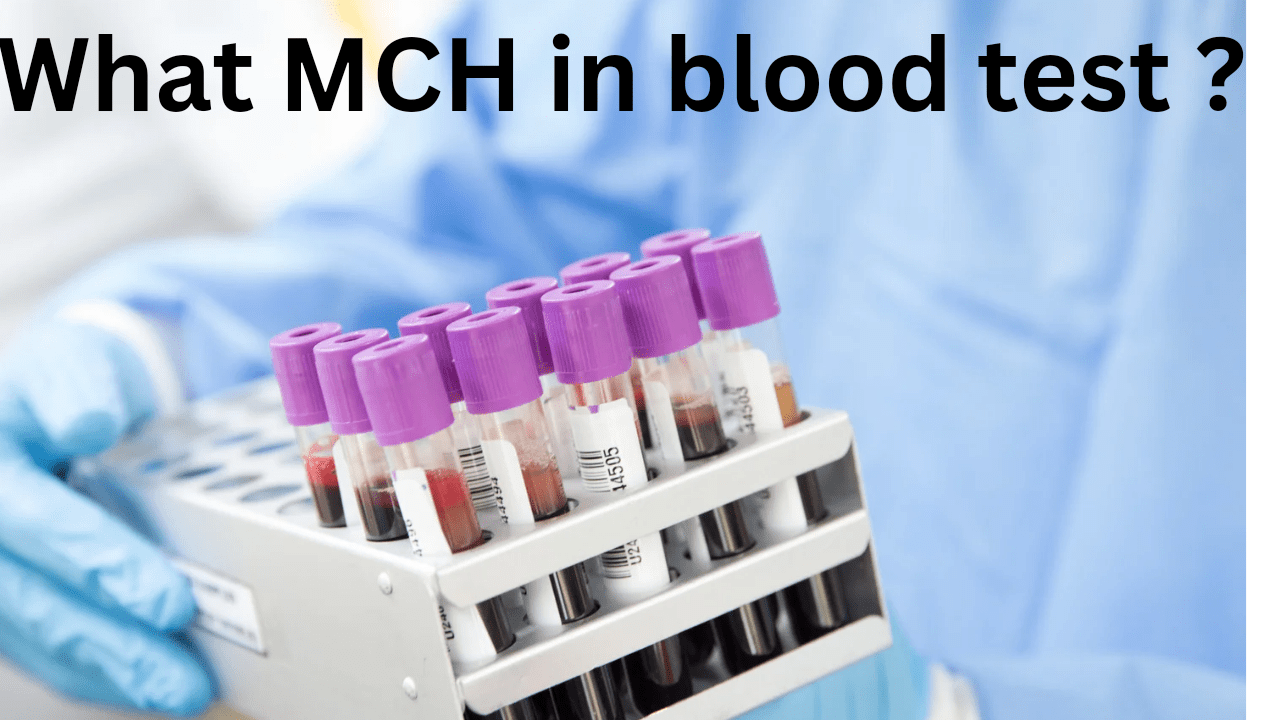Learn about “what is mch in blood test? when mch increase or decrease?” .
Mean Corpuscular Hemoglobin (MCH) is a laboratory test that measures the amount of hemoglobin (Hb) present in the average red blood cell.
Hemoglobin is a protein found in red blood cells that binds to oxygen and carries it to the cells and tissues in the body.
MCH is used as an indicator of the size and hemoglobin content of red blood cells, and it can provide important information about a person’s overall health.
MCH is measured as part of a Complete Blood Count (CBC), a common blood test that is used to evaluate a person’s overall health.
The CBC test also measures other parameters such as the number of red blood cells (RBC), white blood cells (WBC) and platelets, and the hemoglobin and hematocrit levels.
The MCH test results are usually reported in picograms (pg) of Hb per red blood cell (RBC) and it is calculated as the total amount of Hb in a sample of blood divided by the number of RBCs.
When MCH in blood test increases?
A high MCH level can indicate a condition called macrocytosis or macrocytic anemia, where the red blood cells are larger than normal. MCH increases in following conditions
- Vitamin B12 or folate deficiency
- Liver diseases
People with macrocytosis may experience symptoms such as fatigue, weakness, and shortness of breath.
When MCH in blood test decreases?
Low MCH level can indicate a condition called microcytosis, where the red blood cells are smaller than normal.
Microcytosis is usually caused by iron deficiency anemia, a condition where the body does not have enough iron to produce enough hemoglobin.
Following symptoms may occur such as fatigue, weakness, and pale skin.
